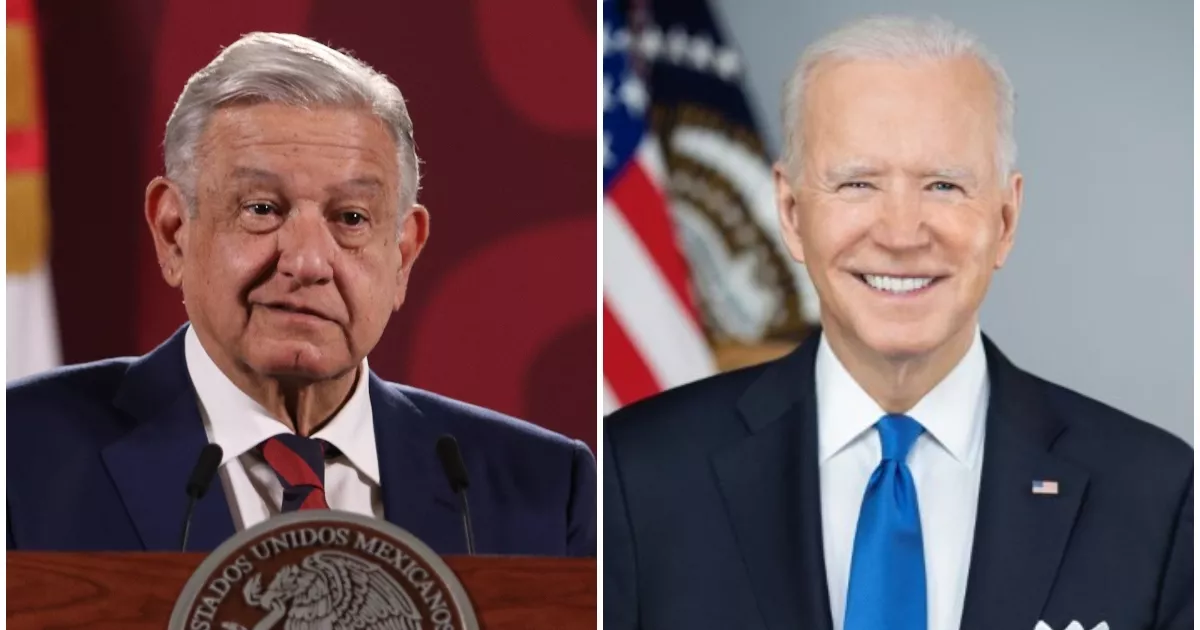The splits have plagued the Mexican team, with Energy Secretary Rocío Nahle and Manuel Bartlett, director of the state electricity company, refusing for months to provide key information to address US concerns, the people said.
For his part, President Andrés Manuel López Obrador has also been unwilling to push through major changes in the nationalist energy policy at the center of the US complaint, the people said.
A spokesman for Mexico’s Ministry of Economy did not immediately respond to a request for comment. A spokesman for the White House National Security Council acknowledged the request but did not immediately respond. The press office for the US trade representative declined to immediately comment.
The two sides and Canada, which has some of the same concerns as the United States, are working to address the conflict before Biden visits Mexico next month, but US negotiators have little expectation of progress in that period, the people said.
López Obrador’s policy privileges Mexico’s state oil company, Petróleos Mexicanos, and the electricity provider known as CFE. The US says this violates the US-Mexico-Canada trade agreement, which went into effect in 2020 to replace the two-decade-old NAFTA pact. Canada has made a similar request for Mexico’s power policy talks.
López Obrador denies that his policies violate the pact and says that the US must respect Mexico’s sovereignty.
If the panel were to rule against Mexico, the country could have to pay tariffs on as much as $30 billion in exports, former officials who negotiated the deal around the time the US and Canada first filed the complaint in July told Bloomberg News. .
Earlier this month, US Trade Representative Katherine Tai met with her new Mexican counterpart, Raquel Buenrostro, in Washington and said in a statement that she “underscored the urgency of rapid and meaningful progress” in the dispute.
Initially, the Mexican government focused on resolving individual cases with US and Canadian companies in an attempt to settle the dispute. However, the US did not consider this appropriate because it sees the problems as systemic, while Tai said in October that the problems go beyond a few companies.
The trade chief said earlier this year that the dispute puts more than $10 billion in US investment at risk due to the arbitrary treatment of companies, especially those in the renewable energy sector.
The US and Mexico began consultations in August and in October agreed to continue them beyond an initial mandatory period of 75 days.
In October, Tai said she would not rule out requesting the formation of a panel to resolve the dispute, adding that the US would only stay in the talks “as long as those consultations are meaningful.”
Mexico’s economy ministry said Monday it has presented the US and Canada with a work plan to set up working groups this month and in January to try to address their concerns.
Buenrostro, who has been leading talks for Mexico, will travel to Washington on Friday along with Foreign Minister Marcelo Ebrard, but the meetings are expected to focus on a separate dispute over imports of American corn, according to people familiar with the plans.








